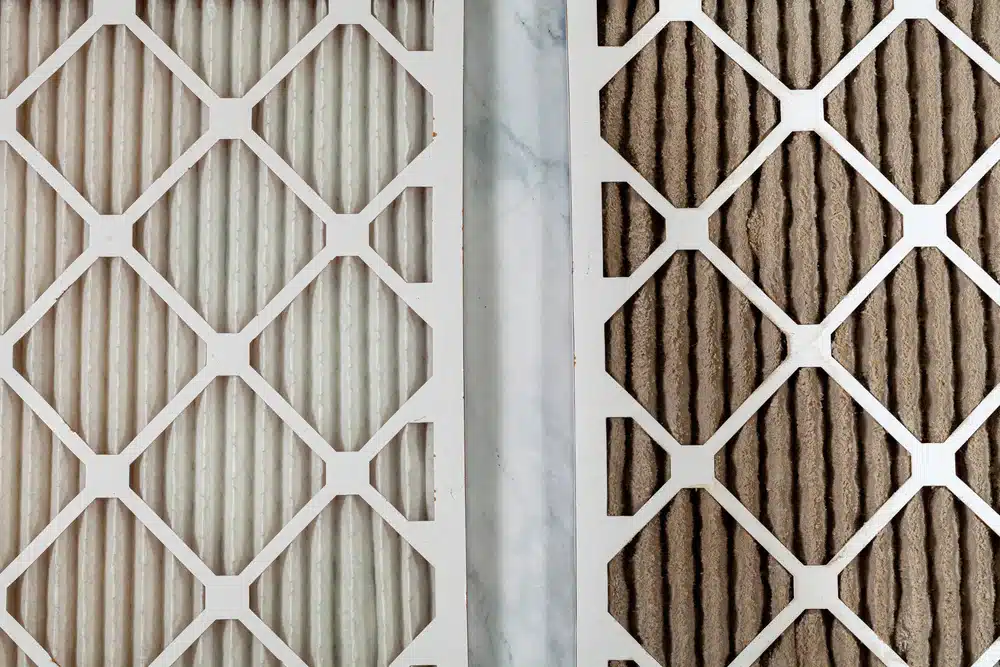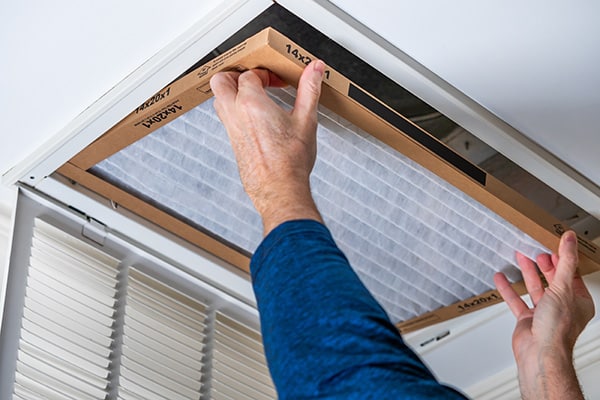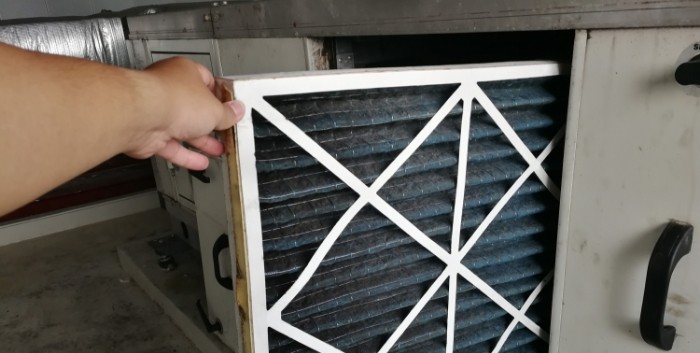In an era defined by environmental challenges and health concerns, the significance of air quality cannot be overstated. The air we breathe plays a pivotal role in our overall well-being, with subpar air quality posing risks to respiratory health and exacerbating allergies. For individuals grappling with allergies, the omnipresence of airborne allergens like pollen, dust, and pet dander presents an ongoing challenge. In combating these irritants, air filters emerge as indispensable allies, serving as formidable barriers against allergen infiltration and safeguarding indoor air quality.
Decoding the Mechanisms: Unraveling the Functionality of Air Filters
At the heart of air filtration lies a simple yet profound principle: the removal of airborne particles from the surrounding air. Air filters accomplish this task through a variety of mechanisms, effectively entrapping allergens and preventing their circulation within indoor spaces. By intercepting allergenic particles, air filters play a pivotal role in alleviating allergic symptoms and fostering an environment conducive to respiratory health.

Critical Considerations: Key Factors in Air Filter Selection
Navigating the landscape of air filters demands careful consideration of several pivotal factors:
- Efficiency: The efficacy of an air filter hinges on its capacity to capture airborne particles, with higher efficiency translating to superior allergen removal. Seek out filters capable of trapping a significant percentage of allergens, ensuring comprehensive protection against respiratory irritants.
- Filter Type: Air filters come in various iterations, each distinguished by its unique composition and filtration mechanism. From HEPA filters renowned for their unparalleled particle capture to activated carbon filters adept at neutralizing odors, filter type plays a crucial role in determining filtration efficacy.
- Size Compatibility: Selecting an appropriately sized filter is imperative to maximize filtration efficiency and uphold equipment integrity. Opt for filters compatible with your air purifier or HVAC system, mitigating the risk of compromised performance and potential damage.
- Lifespan: The longevity of an air filter directly impacts maintenance requirements and operational costs. Factor in filter lifespan when making your selection, opting for filters that strike a balance between longevity and filtration efficacy.
Diving into the Arsenal: Premier Air Filters for Allergies

- HEPA Filters: Widely regarded as the pinnacle of air filtration technology, HEPA (High Efficiency Particulate Air) filters stand as stalwart defenders against allergen infiltration. With an exceptional capture rate of 99.97% for particles as diminutive as 0.3 microns, HEPA filters represent an unrivaled solution for allergy sufferers.
- Activated Carbon Filters: Acknowledged for their proficiency in odor and gas elimination, activated carbon filters serve as invaluable allies in allergy management. While not as adept as HEPA filters in capturing allergens, their efficacy in neutralizing odors and volatile organic compounds (VOCs) renders them indispensable components of comprehensive air filtration systems.
- Electrostatic Filters: Leveraging electrostatic charge to ensnare airborne particles, electrostatic filters offer a reusable and cost-effective filtration solution. Although they may not match the capture efficiency of HEPA filters, their washable nature and enduring functionality make them an attractive option for budget-conscious consumers.
Weighing the Options: Making an Informed Decision
In the pursuit of optimal air filtration, the selection of an appropriate air filter demands meticulous consideration. By evaluating factors such as efficiency, filter type, size compatibility, and lifespan, individuals can discern the most suitable option for their unique requirements. With a judicious investment in high-quality air filtration, allergy sufferers can cultivate an environment conducive to respiratory wellness and mitigate the impact of airborne allergens on their quality of life.

Conclusion: Charting a Course Towards Respiratory Wellness
When it comes to choosing the right air filter, it’s essential to take your time and consider all the factors at play. Efficiency, filter type, size compatibility, and lifespan are key elements to weigh up before making your decision. By carefully evaluating these aspects, you can find the best air filter to meet your specific needs. Investing in a quality air filter is crucial for allergy sufferers, as it can help create a healthier indoor environment and minimize the effects of airborne allergens on your overall well-being.






GIPHY App Key not set. Please check settings